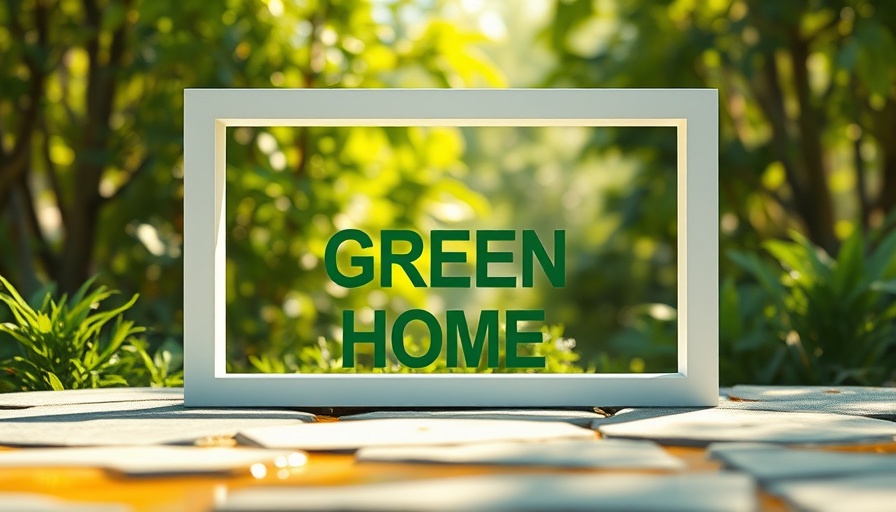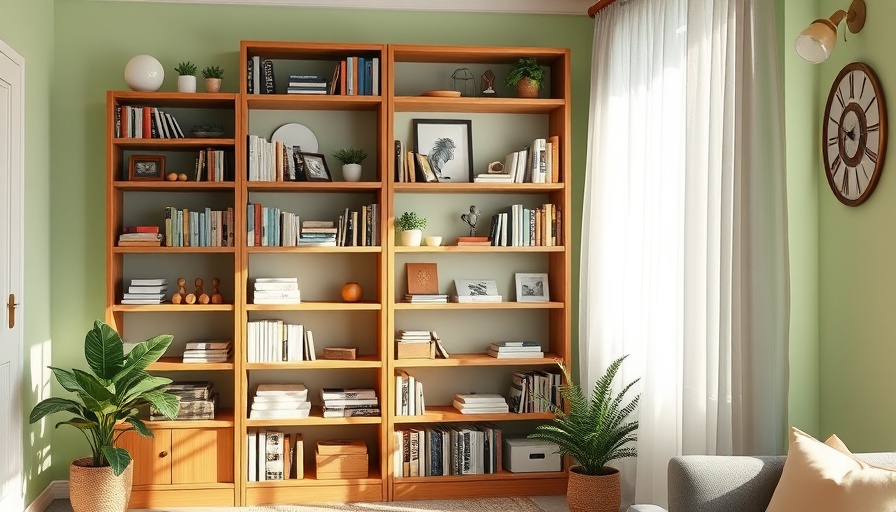
The Green Revolution: Transforming Homes for a Sustainable Future
With the ever-growing emphasis on sustainable living, more homeowners are seeking ways to significantly reduce their carbon footprint and create an eco-friendly home. The benefits of adopting environmentally friendly practices extend beyond just personal satisfaction; they also enhance the quality of life and can lead to substantial long-term cost savings. In this article, we will delve into various strategies that can turn your home into a green haven.
1. Energy-Efficient Windows and Sunrooms
One of the most impactful upgrades is the installation of energy-efficient windows. Insulated windows can significantly reduce energy consumption, keeping your home warm in winter and cool in summer, thereby lowering HVAC costs. Moreover, consider incorporating green sunrooms designed to maximize natural light while minimizing heat intake. Such spaces reduce reliance on artificial lighting and mitigate the need for air conditioning.
2. Sustainable Building Materials
Opting for sustainable materials is pivotal in building eco-friendly homes. Reclaimed wood, recycled materials like tiles and countertops, and natural options such as bamboo and cork not only yield stylish results but also lower environmental impact. Millennials and Gen Z, in particular, show greater demand for homes featuring these sustainable materials, pushing builders to embrace greener alternatives in their projects.
3. Innovative Water Conservation Techniques
To make the best use of water resources, implement high-efficiency appliances, such as washing machines and dishwashers, which use considerably less water. Additionally, rainwater harvesting systems are an excellent choice for landscape irrigation and flushing toilets. By opting for drought-tolerant landscaping, homeowners are also reducing their water consumption and maintenance needs dramatically.
4. Embracing Solar Solutions
Solar energy is one of the most potent allies of sustainable living. Installing solar panels can exponentially lower your electricity bills while also contributing to a cleaner environment. Solar water heaters present another viable solution, utilizing sunlight for hot water production and further enhancing energy efficiency.
5. Reduce, Reuse, Recycle
Starting composting initiatives can turn kitchen waste into rich soil for gardens and can significantly cut down on landfill contributions. Misconceptions about the inconvenience of recycling often deter homeowners, but setting up distinct bins for various materials simplifies the sorting process and encourages long-term eco-friendly habits.
6. Smart Home Technologies: The Future is Now
Incorporating smart home technologies such as programmable thermostats and energy-efficient appliances can drastically lower energy consumption. Products marked with the Energy Star label are designed specifically to meet rigorous energy efficiency standards, making them a far better choice for eco-conscious homeowners. Upgrading to LED lighting is another straightforward measure—these bulbs consume significantly less energy and last much longer than traditional options.
7. Enhancing Indoor Air Quality
Quality indoor air is vital for health. Introducing natural cleaning products and houseplants that are known to purify air can help eliminate toxic pollutants. It is also essential to maintain good ventilation to allow fresh air circulation and prevent the buildup of indoor contaminants.
8. Cost-Effective Eco-Friendly Upgrades
Many homeowners are unaware that substantial improvements do not always require a big budget. Simple changes such as sealing drafts, switching to LED bulbs, and lowering the thermostat on your water heater can lead to dramatic energy savings and comfort enhancements. As outlined in The Washington Post, there are numerous effective improvements under $100 that can make a difference.
9. Investing in Your Home's Value
The transition to a greener living space not only minimizes environmental impact but can also add tangible value to your home. Properties with sustainable features often command a premium in the market, appealing to an audience that increasingly prioritizes green living. With advancements like the Inflation Reduction Act, funding is available to assist homeowners in making these valuable upgrades.
Conclusion: Embrace the Green Journey
Going green involves more than just a transition in lifestyle; it’s a journey to a sustainable future. Even small changes can accumulate, leading to significant environmental benefits. As homeowners, now is the time to seek tailored advice from experts who can guide your journey toward an eco-friendly living space. Start today and pave the way towards a sustainable tomorrow!
 Add Row
Add Row  Add
Add 




Write A Comment